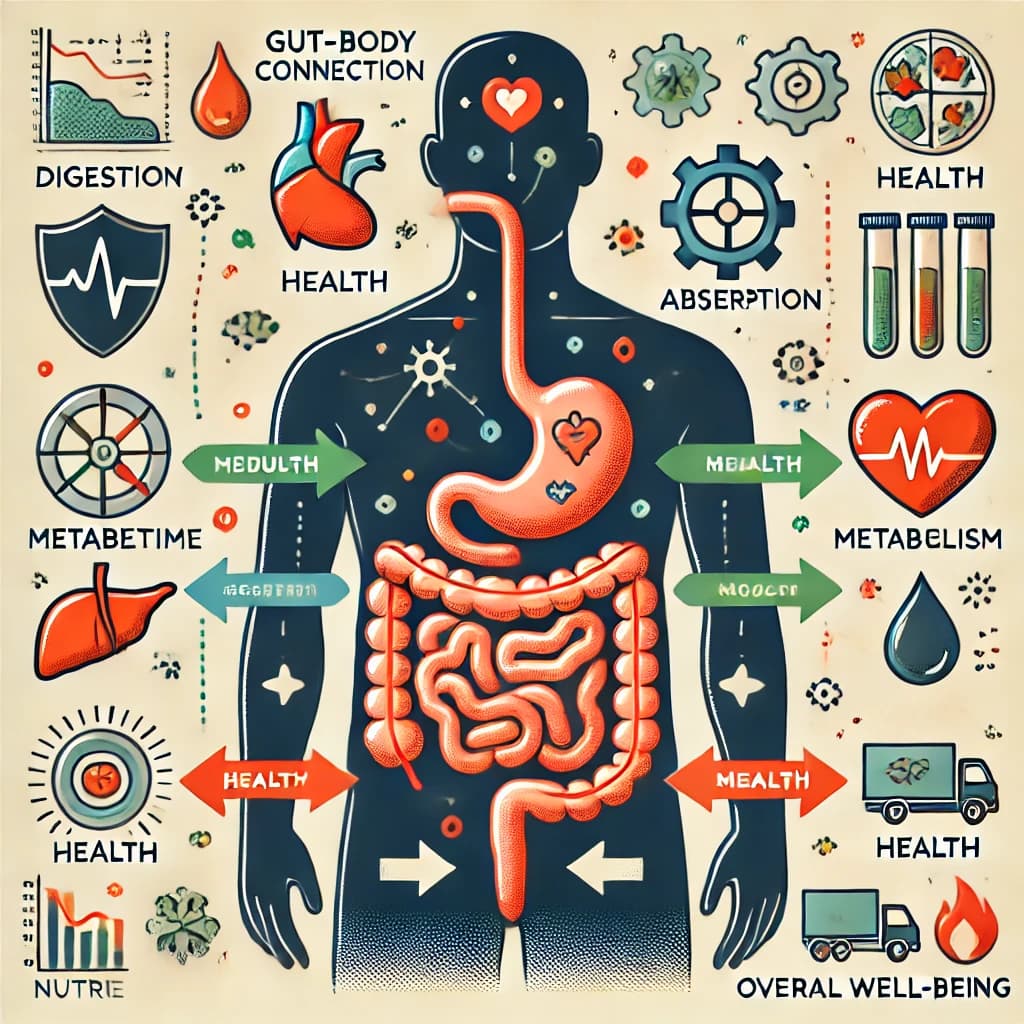Kenya is sitting on a ticking health time bomb, yet few are willing to acknowledge the real culprit: rotten nutrition. While healthcare budgets are ballooning and hospitals are overwhelmed, we continue treating symptoms instead of addressing the root cause—our diet. The uncomfortable truth is that poor nutrition is directly fueling the surge in non-communicable diseases (NCDs), yet the silence is deafening. Why? Because acknowledging this would shake industries built on processed, high-sugar, high-sodium, and ultra-refined foods.
The Hard Numbers: NCDs Are Taking Over
According to the Kenya Stepwise Survey for NCD Risk Factors (2022), NCDs account for over 50% of hospital admissions and 39% of total deaths in the country. Diseases such as diabetes, hypertension, cardiovascular diseases, and certain cancers are rising at an alarming rate, yet these are largely preventable through better nutrition and lifestyle changes.
- Diabetes: The International Diabetes Federation (IDF) estimates that over 3.3% of Kenyans have diabetes, with thousands more undiagnosed.
- Obesity & Overweight: The Kenya Demographic and Health Survey (KDHS 2022) states that 47% of women and 18% of men in urban areas are either overweight or obese—a direct gateway to lifestyle diseases.
- Hypertension: Nearly 1 in 4 Kenyan adults has high blood pressure, according to Kenya’s Ministry of Health (MOH, 2021).
- Cancer: Diet-related cancers, particularly colorectal and liver cancers, are on the rise, and consumption of processed foods high in preservatives and low in fiber plays a major role.
Yet, rather than addressing the nutritional crisis, the focus remains on reactive healthcare—treating diseases after they’ve manifested rather than preventing them in the first place.
The Struggles of Nutritionists in Kenya
Nutritionists are on the front lines of this battle, but they face multiple challenges:
- Lack of Recognition & Policy Support – Nutrition remains underfunded in Kenya’s healthcare system, making it hard for nutritionists to implement widespread interventions.
- Misinformation & Marketing Gimmicks – The food industry pushes aggressive marketing of unhealthy, processed products disguised as “healthy,” misleading the public.
- Cultural Resistance – Many Kenyans still associate good nutrition with affluence and believe that eating heavily processed or westernized diets is a sign of status.
- Economic Barriers – Fresh, whole foods are expensive compared to cheap, ultra-processed alternatives, making it difficult for lower-income families to prioritize nutrition.
The Truth: Nutrition Can Save Lives & Revolutionize Healthcare
If Kenya approached healthcare from the root cause—diet and lifestyle—rather than waiting until people are sick, we could:
- Dramatically reduce hospital admissions for NCDs.
- Cut healthcare costs for both individuals and the government.
- Improve productivity as healthier citizens mean a stronger workforce.
- Enhance quality of life by preventing unnecessary suffering from diet-related illnesses.
Where Do We Go From Here?
- Make Nutrition a Healthcare Priority – Nutritionists should be placed at the heart of primary healthcare, just as doctors and nurses are.
- Stronger Policies & Regulation – The government must regulate misleading food marketing and heavily processed food industries.
- Public Nutrition Education – Schools, workplaces, and media must push for stronger nutrition awareness campaigns.
- Incentivize Healthy Eating – Tax unhealthy foods and subsidize fresh produce to make healthy choices accessible to all.
Conclusion: Speak the Truth, Even If It Hurts
Kenya is already deep in a nutrition-driven health crisis, and staying silent benefits no one except the industries profiting from poor health. Nutritionists, policymakers, and healthcare professionals must speak up and push for systemic change. If we don’t, we are choosing profit over lives, and the cost of inaction will be devastating.










Responses (0 )